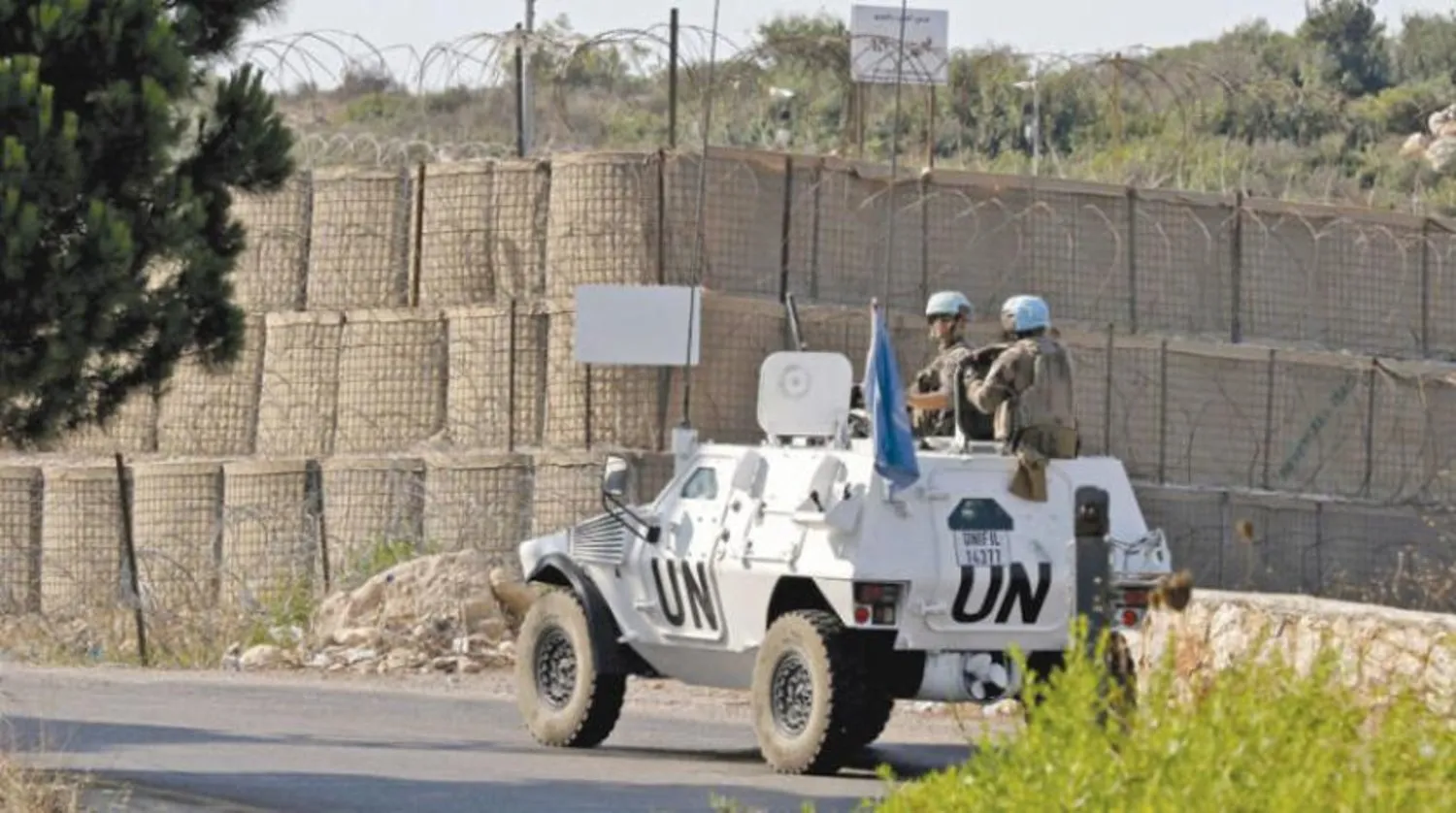UNIFIL Head of Mission and Force Commander Major General Aroldo Lazaro appealed Wednesday for engagement in Blue Line talks to address outstanding issues between Lebanon and Israel.
Lazaro chaired a Tripartite meeting with senior Lebanese and Israeli officers at a UN position in Ras al-Naqoura.
Discussions focused on the situation along the Blue Line, air and ground violations, and other issues within the scope of UNIFIL’s mandate under UNSC Resolution 1701 (2006) and subsequent resolutions, a UNIFIL statement said.
Lazaro expressed his concern over a series of incidents along the Blue Line in recent months which have increased tension.
The Blue Line was established in 2000 after Israel pulled its forces out of southern Lebanon. A project has been in place since 2007 to demarcate the border line.
UNIFIL chief also urged the parties to continue to avail of UNIFIL’s liaison and coordination mechanisms while avoiding unilateral actions.
“I appealed for engagement in Blue Line talks to address outstanding issues highlighting the importance of positive signals by both parties ahead of the Security Council consideration of UNIFIL’s mandate renewal,” the General said.
In August, the Security Council is expected to renew the mandate of UNIFIL ahead of its 31 August expiry.
Since the end of the 2006 war in south Lebanon, regular Tripartite meetings have been held under UNIFIL’s auspices as an essential conflict-management and confidence-building mechanism, the UN force said.
“Today was the 162nd such meeting. Through its liaison and coordination mechanisms, UNIFIL remains the only forum through which the Lebanese and Israeli armies officially meet,” it added.









